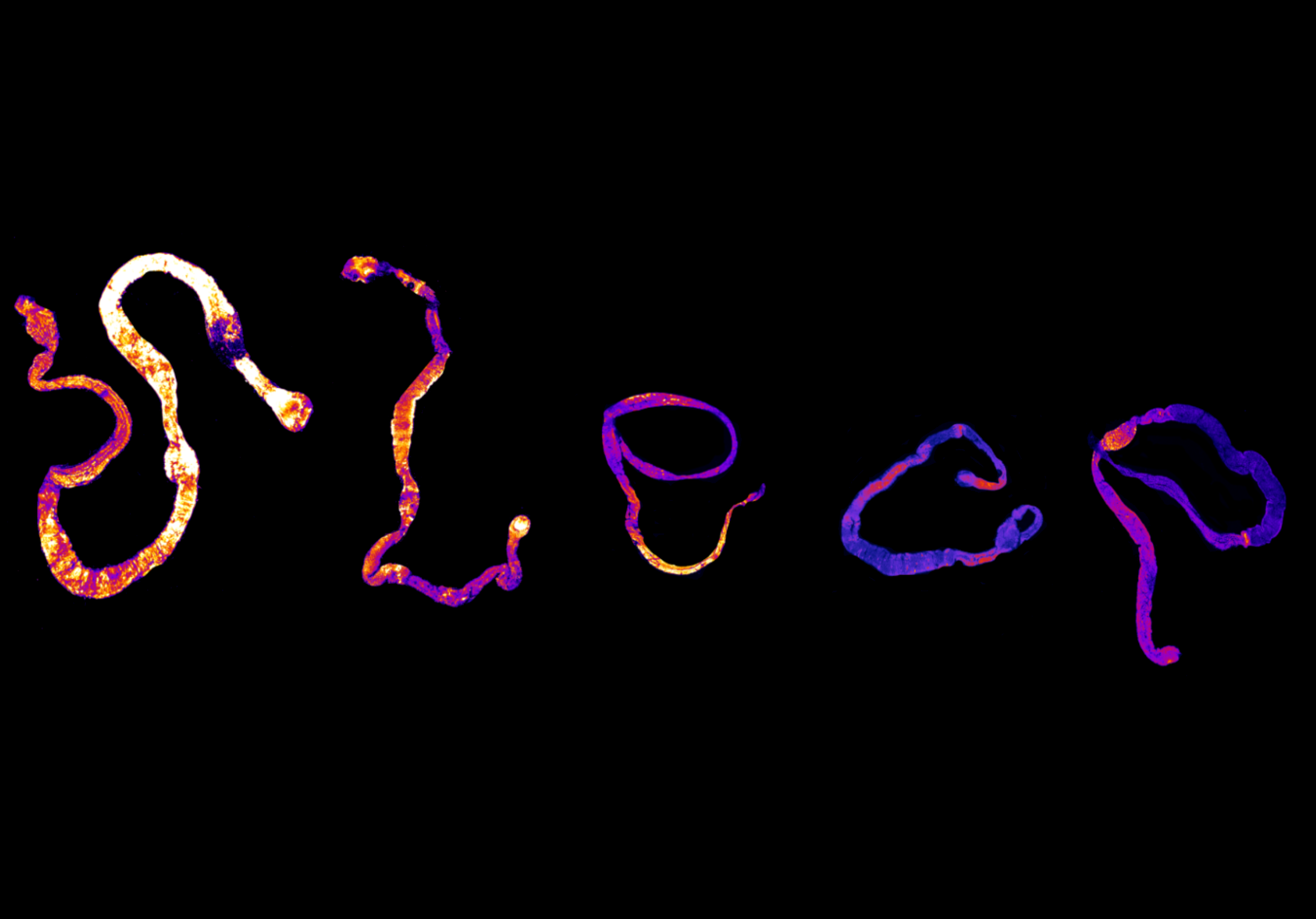
.jpg)
Center
Center for Brain Body
A remarkable change occurs in our brains each night, making us lose the essence of who we are for hours at a time: we fall asleep.
Center
Brain Body CenterSleep is a process so familiar to us, yet nevertheless remains among the most mysterious phenomena in biology. Movement stops almost entirely during this this time, the body relaxes to the point of atonia, awareness of the environment disappears; if robbed of sleep, virtually all animals try to regain it at the first opportunity. But why, what is it that makes sleep an absolute inevitability for life forms similar to us?
Many pieces of evidence point to the conclusion that sleep is essential for health. Insomniacs and shift workers for example have increased incidence of diabetes, kidney failure, heart attacks, cancer (especially colon and breast), and Alzheimer’s disease. Most sleep research focuses on cognition, which is undoubtedly important in improving the chance of survival both in short- and long-term, but cognitive problems are unlikely to explain why total sleep deprivation leads to death in a matter of days.
Our work centers on the idea that many health problems that stem from poor sleep are related to gut dysfunction. Without sleep, the gut is unable to perform its fundamental functions: extracting vital nutrients and passing them onto other tissues.